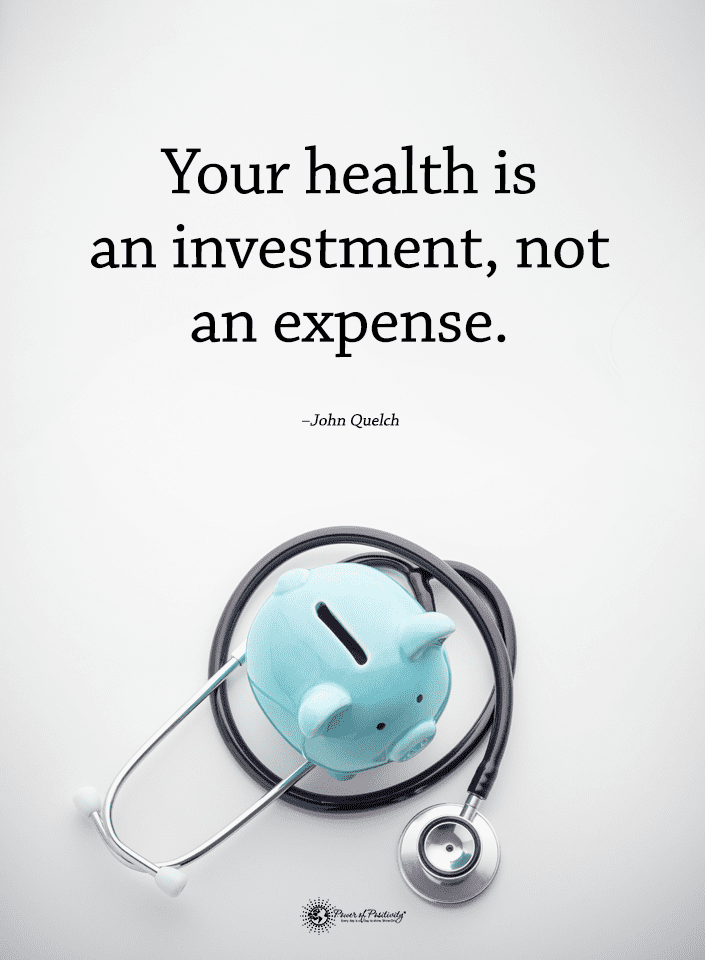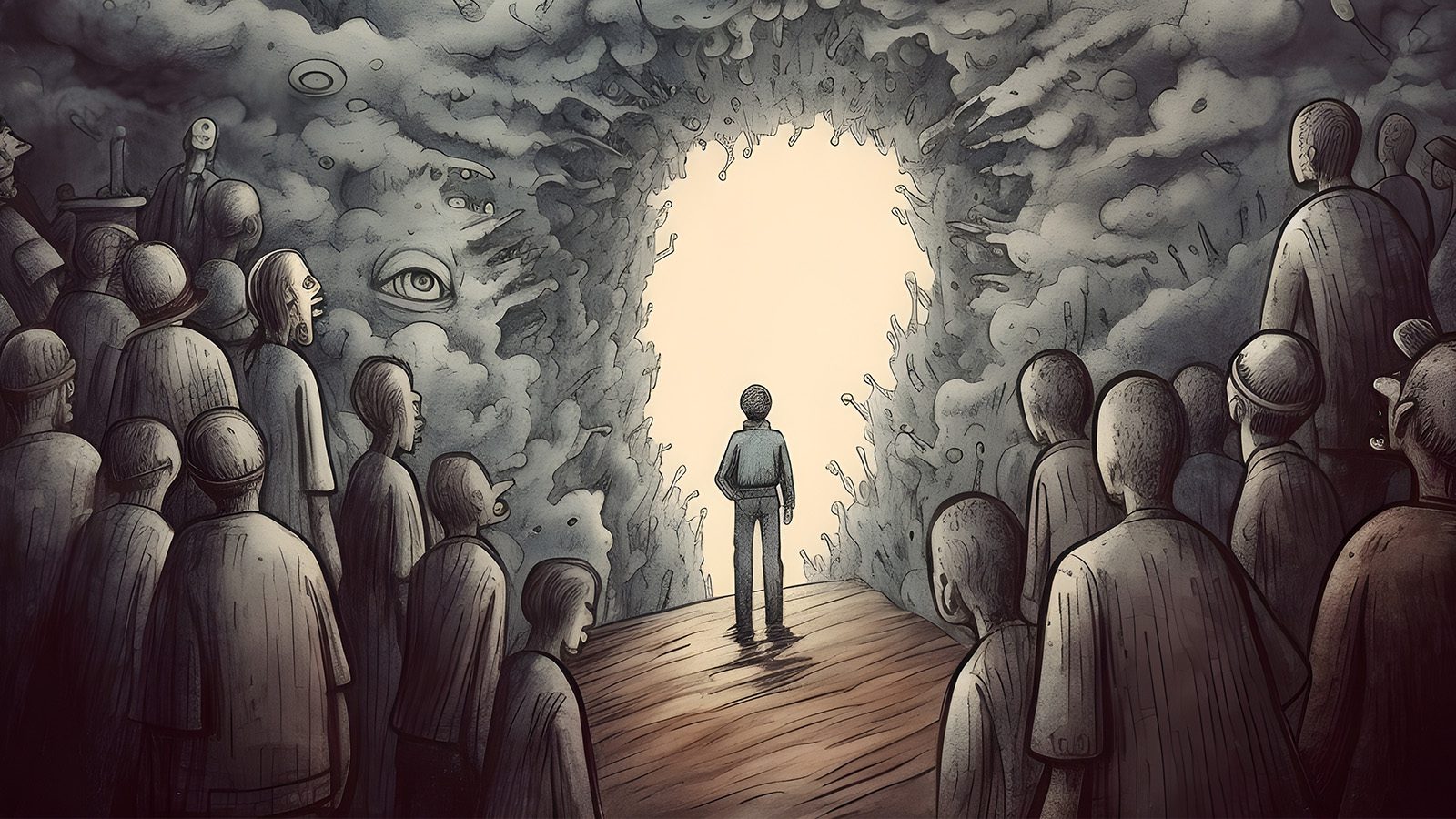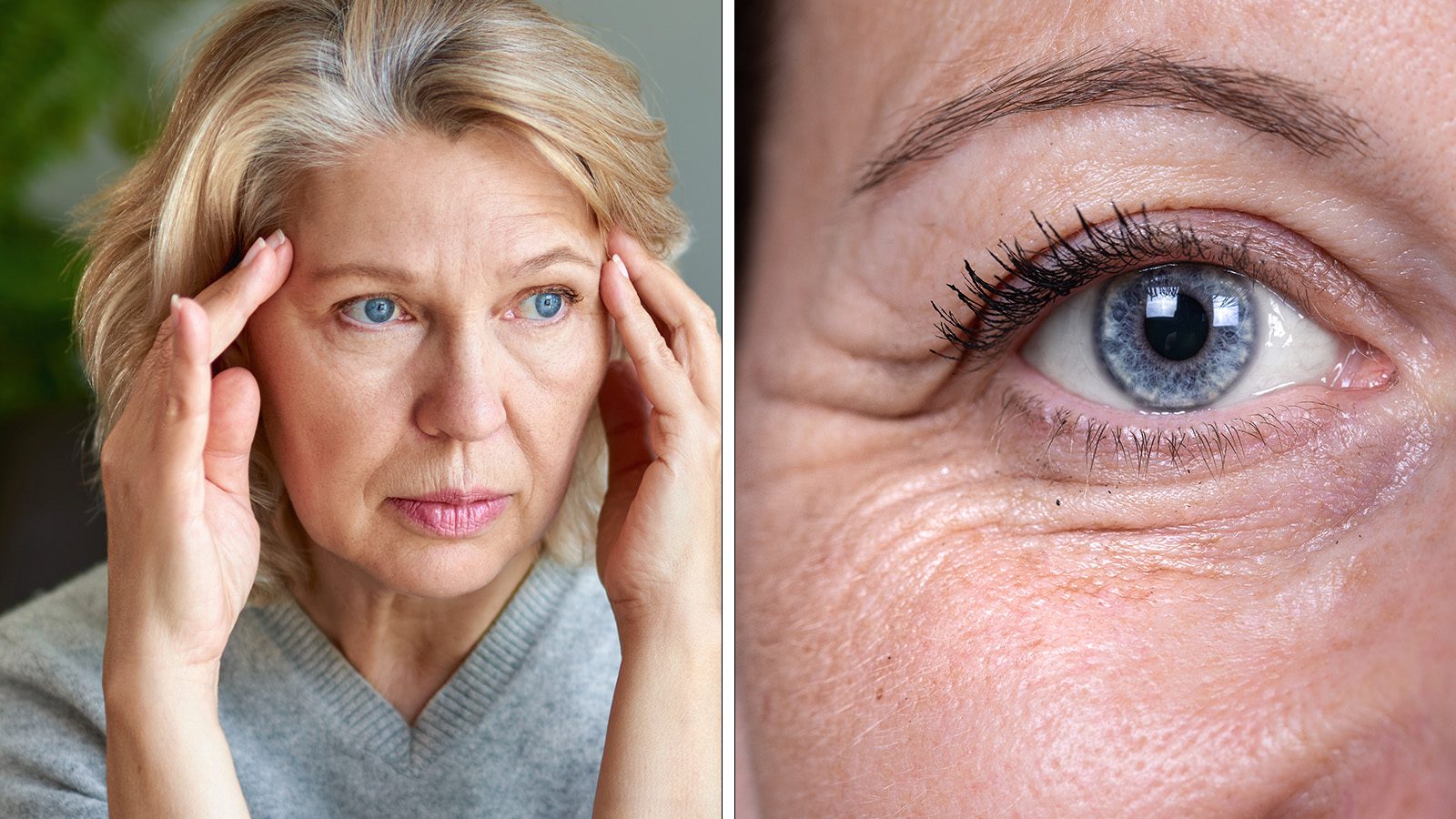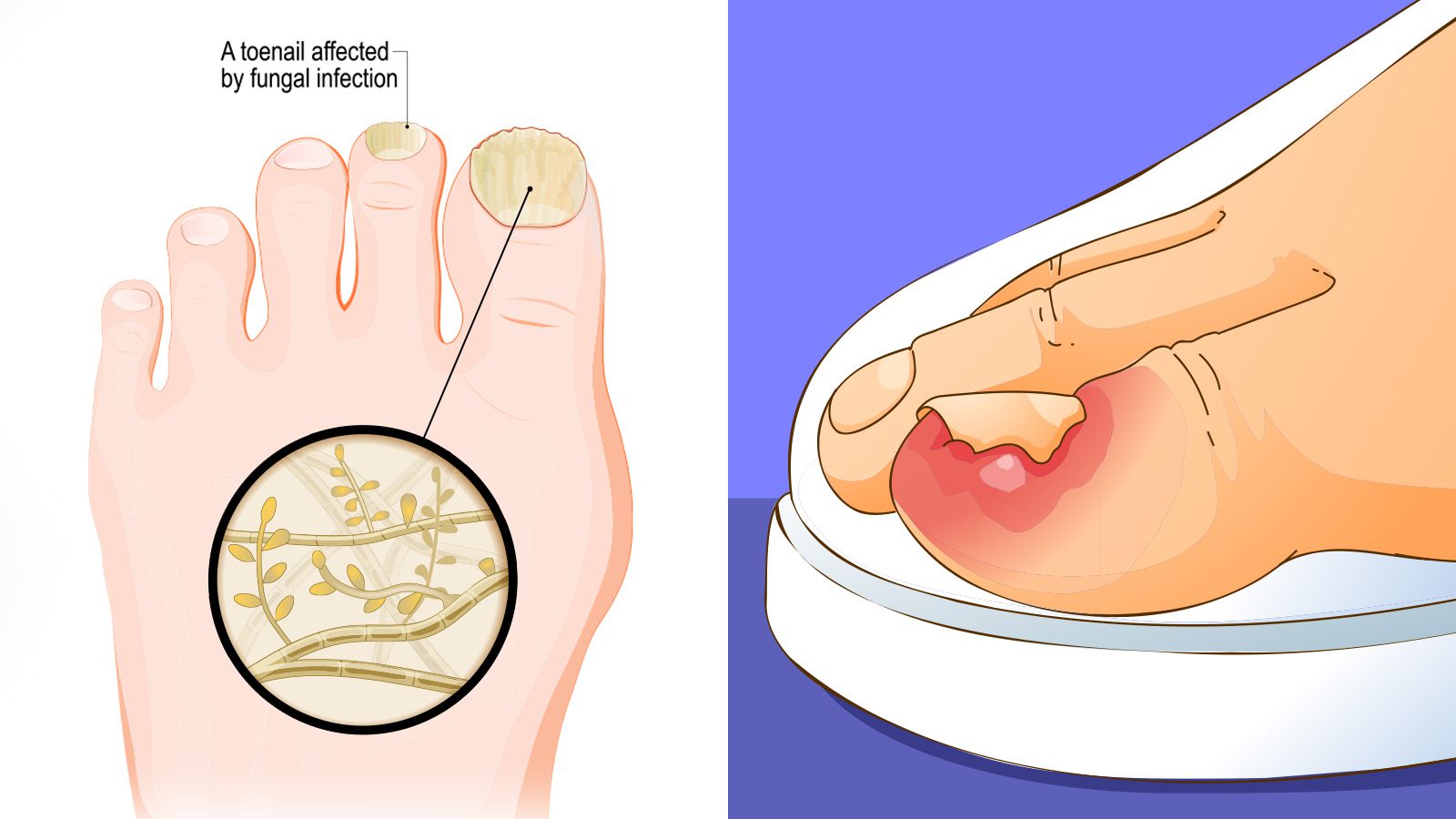Drinking coffee does a lot more than wake you up each morning–and it might help you enjoy a longer life. Research shows that drinking two to three cups of coffee daily can increase longevity and reduce cardiovascular disease risk. According to the findings, ground, instant, and decaffeinated varieties all produce these benefits.
“In this large, observational study, ground, instant and decaffeinated coffee were associated with equivalent reductions in the incidence of cardiovascular disease and death from cardiovascular disease or any cause,” said study author Professor Peter Kistler of the Baker Heart and Diabetes Research Institute, Melbourne, Australia.
“The results suggest that mild to moderate intake of ground, instant and decaffeinated coffee should be considered part of a healthy lifestyle,” he added.
Before this research, few studies examined the link between various java preparations and heart health. This study investigated how different types of beans impacted incident arrhythmias, cardiovascular disease, and mortality rates.
Study Measured Health Benefits of Decaf, Ground, and Instant Coffee
Researchers gathered data from the UK Biobank, which recruited adults between 40 and 69. They defined cardiovascular disease as coronary heart disease, congestive heart failure, and ischemic stroke.
The study included 449,563 participants who didn’t have arrhythmias or other cardiovascular diseases when the research began. Participants had a median age of 58; women comprised 55.3%.
They filled out a questionnaire asking how many cups they drank daily. Researchers also asked what variety they typically drank: instant, decaffeinated, or ground (ex., a cappuccino or filtered variety).
Next, the team placed them into six categories based on their daily intake. The categories included none, less than one, one, two to three, four to five, and more than five cups daily. One hundred ninety-eight thousand sixty-two participants drank instant coffee (44.1%), followed by 82,575 who preferred ground (18.4%), and 68,416 who consumed decaffeinated coffee (15.2%). The control group consisted of 100,510 (22.4%) participants who didn’t drink coffee.
They compared arrhythmias, cardiovascular disease, and death in coffee drinkers and non-drinkers. Researchers adjusted the data for age, sex, ethnicity, obesity, high blood pressure, sleep apnea, diabetes, smoking status, and tea and alcohol consumption. They obtained participants’ health information from medical and death records. The team followed participants for a median of 12.5 years.
Researchers Find That Drinking Coffee Leads to Longer Life
During the follow-up period, 27,809 (6.2%) participants died; researchers determined that all coffee varieties reduced all-cause mortality. They noticed the most significant risk reduction in participants who drank two to three cups daily. Compared to non-coffee drinkers, these participants had a 14%, 27%, and 11% lower mortality rate for decaffeinated, ground, and instant varieties.
43,173 (9.6%) of participants had cardiovascular disease during follow-up. All types of coffee reduced incidents of cardiovascular disease, with the lowest risk again observed in those who drank two to three cups daily. Compared to abstinence from coffee, two to three cups led to a 6%, 20%, and 9% reduced cardiovascular disease risk for decaf, ground, and instant, respectively.
Doctors diagnosed 30,100 (6.7%) of participants with an arrhythmia during the follow-up period. Ground and instant coffee, but not decaffeinated, led to decreased arrhythmias, including atrial fibrillation. Compared with non-drinkers, participants who drank four to five cups of ground coffee had a 17% reduced risk of arrhythmia. Also, those who consumed two to three cups daily for instant coffee had a twelve percent lower risk.
Professor Kistler said: “Caffeine is the most well-known constituent in coffee, but the beverage contains more than 100 biologically active components. It is likely that the non-caffeinated compounds were responsible for the positive relationships observed between coffee drinking, cardiovascular disease and survival. Our findings indicate that drinking modest amounts of coffee of all types should not be discouraged but can be enjoyed as a heart healthy behaviour.”
The research appeared in the European Journal of Preventive Cardiology, the European Society of Cardiology journal.
Other Benefits of Drinking Coffee
- It contains powerful antioxidants. This beverage has more antioxidants than any other food or beverage in the world. Antioxidants help lower inflammation and protect the body from free radicals, which can damage DNA. The most abundant antioxidants in coffee include polyphenols and hydrocinnamic acids, both of which reduce oxidative stress.
- Caffeine enhances energy levels. Most people enjoy a cup of joe in the morning because it makes them feel alert. Coffee stimulates the central nervous system, helping fight drowsiness and increase focus. Caffeine blocks the activity of adenosine, a neurotransmitter that makes us feel lethargic. This reaction causes an increase in dopamine and serotonin, two chemicals that enhance our mood and energy levels.
- Coffee reduces type 2 diabetes risk. A meta-analysis of 30 studies found that each additional cup consumed daily led to a 6% lower type 2 diabetes risk. Researchers believe that coffee improves the functioning of beta cells in the pancreas, which produce insulin to manage blood sugar.
- Caffeine boosts cognitive health. According to a review of 13 studies, people who consumed coffee frequently had a dramatically lower risk of developing Parkinson’s disease. Another review of 11 observational suites in over 29,000 people discovered a link between higher coffee consumption and reduced Alzheimer’s disease risk.
- Coffee lowers the risk of depression. Drinking a cup of joe can put you in a better mood. One study found that drinking at least four cups daily greatly lowered depression risk. Moreover, another study, which included over 200,000 people, revealed that coffee drinkers had a lower risk of death by suicide.
Final Thoughts on Study Linking Coffee to a Longer Lifespan
The new European Society of Cardiology found an association between drinking coffee and longevity. Their study of nearly 450,000 participants revealed that decaf, ground, and instant coffee had essential health benefits. They found that participants who drank two to three cups of ground coffee significantly reduced mortality.
Drinking this beverage daily also led to a lower likelihood of cardiovascular disease. Researchers determined that participants who drank four to five cups of joe daily had a dramatically reduced risk of arrhythmias. Instant and decaf varieties also improved health, but ground beans had the most pronounced effect.
So, please keep drinking your daily cup of coffee because it might save your life!

















